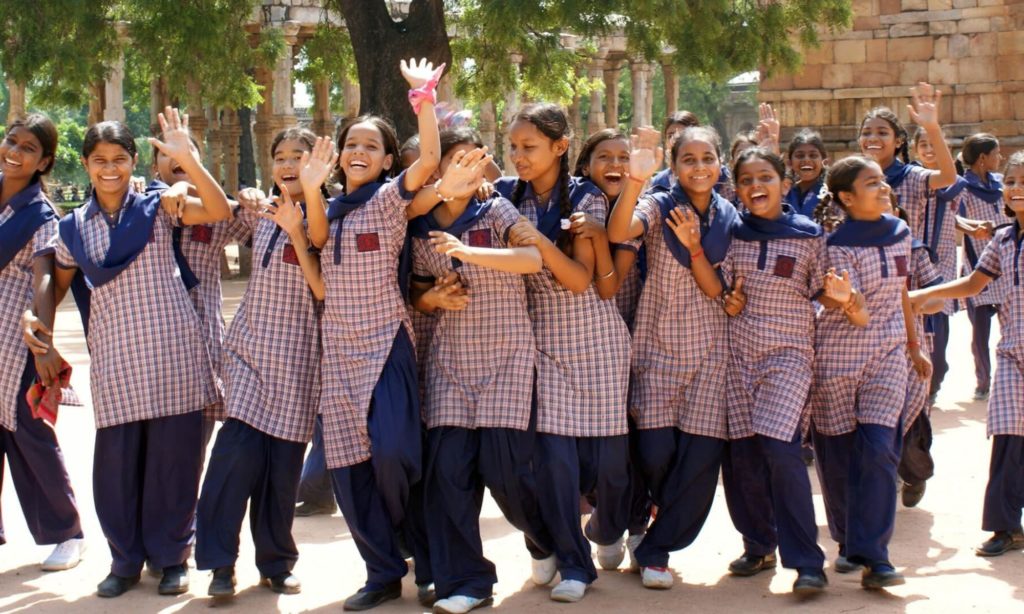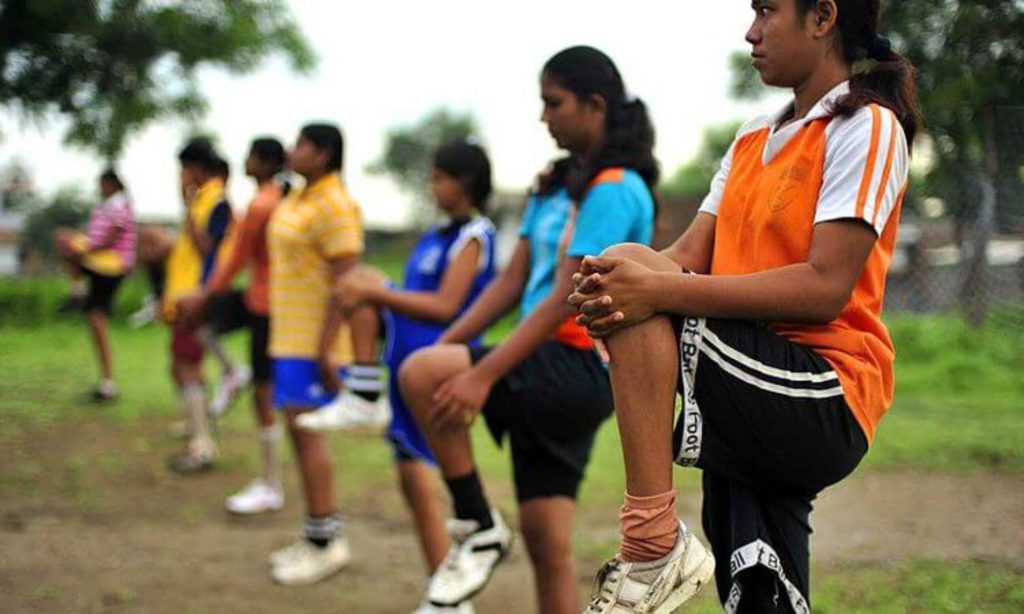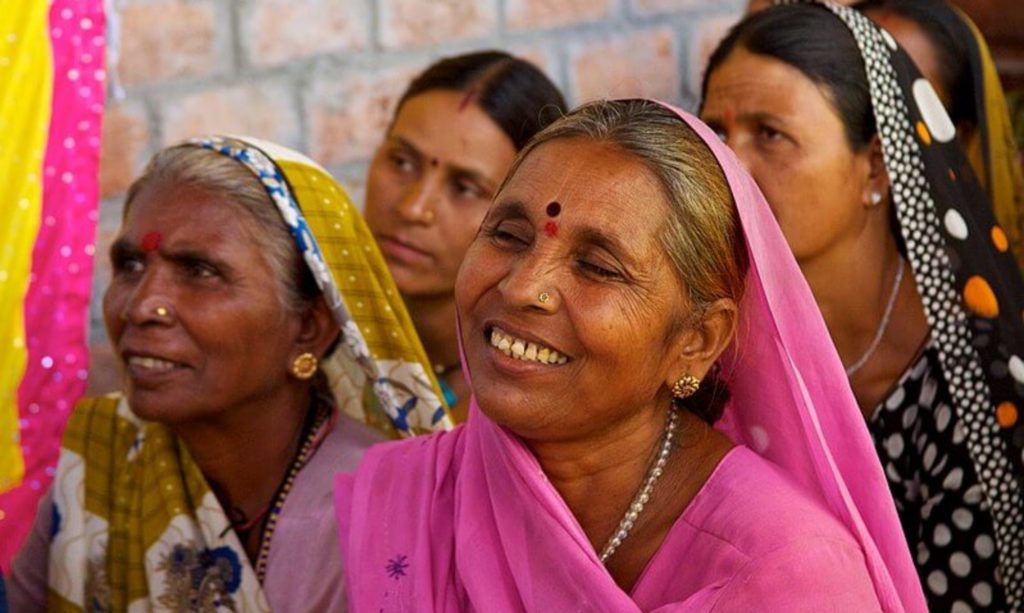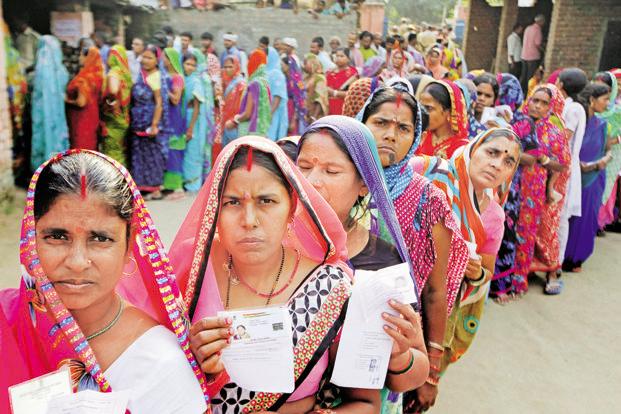Mind the Gap | Coming out is not a ‘one-step process’
In India, there’s no one-size-fits-all coming out story. While some members of the LGBTQI community are lucky to have supportive families, others pay a heavy price In a society where the Indian Psychiatric Association clarified only as recently as 2018 that homosexuality is not a mental illness, where there is as yet no explicit ban on unscientific “conversion” therapies and families can force LGBTQ children into an array of quack treatments, coming out can be daunting and, worse, downright dangerous. (HTPHOTO) The Big Story : Kal Penn and Other Coming Out Tales Actor Kal Penn, one of Hollywood’s most prominent…
Expanding the ambit of the MeToo movement | Opinion
India’s #MeToo movement left out the voices of 195 million women in the informal sector Many women employed in the informal sector have normalised sexual harassment as one of the many workplace hazards. Like their counterparts in the formal sector, they don’t speak up because they are either unaware of their legal rights, scared of repercussions from powerful bosses, loathe to lose jobs or, even, reluctant to complain for fear that their families might prohibit them from going back to work.(AP) When India’s loud, impossible-to-ignore and pugnacious MeToo movement erupted on social media two years ago this month, an important…
How The Special Marriage Act Is Killing Love
The withdrawal under social media pressure of a Tanishq ad that depicts an interfaith marriage tells us that even in modern India some alliances continue to be out-of-bounds. Provisions in a law that enables secular marriage are, ironically, often a tool for harassment. My story with Surbhi Karwa for Article-14. The Tanishq jewellery advertisement that depicted interfaith marriage was withdrawn after the company succumbed to a coordinated hate campaign on social media. When she was in the fifth standard, the last of her four elder sisters got married, and her mother asked: “Who is going to help with the housework?”…
A model for rooted, inclusive journalism | Opinion
Khabar Lahariya, a women-led digital platform that today counts 30 reporters and stringers across 13 districts in Bundelkhand has, for close to two decades, been chronicling a side of India that is seldom written about. “The family is pleading that they have no strength to speak but the media has not stopped thrusting mics into their faces,” reported Kavita.(Manisha Mondal/ The Print) At Hathras, a gaggle of media and OB vans descended on the house gutted by tragedy. Reporting from the scene, Khabar Lahariya (KL)’s editor Kavita Bundelkhandi and reporter Meera Devi clambered up onto the roof to take a look. What…
Life Through A Nariwadi Chashma
How a digital platform in Bundelkhand is telling the story of rural India through a feminist lens. The Khabar Lahariya logo At Hathras, a gaggle of media and OB vans has descended on the house gutted by tragedy. Reporting from the scene, Khabar Lahariya’s editor Kavita Bundelkhandi and reporter Meera Devi have clambered up onto the roof to take a look. What they see is swarms of police and a media melee where excitable reporters who’ve taken over the house, chatter, laugh, eat biscuits, and, every now and then, shriek into their mikes. “The family is pleading that they have…
Being a Dalit woman in modern India
To say don’t make the Hathras incident about caste is ignorance and privilege. But the systemic oppression of Dalit women isn’t new The outrage over Hathras is justified and necessary. But there is nothing new about the systemic oppression of Dalit women aided by State-backed institutions: The police who won’t file FIRs, lawyers who urge rape survivors to compromise, a legal system that exhausts the patience of the most stoic victim, and a media that finds no merit in these stories.(PTI) Two nine-year-olds were fighting over something inconsequential in district Patna, Bihar. As the fight showed no sign of flagging,…
The Unacceptably High Price Of Love
Couples who wish to marry under the Special Marriage Act must serve a 30-day notice during which their personal details are on public display. This violates their privacy and leaves many vulnerable to parental and community reprisal. Courtesy: The Indian Express In October last year soon after ‘S’ informed the district magistrate’s office in Lucknow that she wanted to get married under the Special Marriage Act (SMA), she received an unexpected invitation at home: to visit the local police station. The police met her, her partner and her father to conduct an ‘inquiry’. Why get married in court? Was the…
The autonomy to choose one’s partner
Couples who wish to marry under the Special Marriage Act must serve a 30-day notice during which their personal details are on public display. This violates their privacy and leaves many vulnerable to parental and community reprisal Hadiya’s marriage was eventually restored by the SC, but serves as a cautionary reminder that Indian society, including sections of the judiciary, is not prepared to grant daughters independence. Not when it comes to their choice of partner(Vipin Kumar/HT PHOTO) In October last year, soon after S informed the district magistrate’s office in Lucknow that she wanted to get married under the Special…
India’s worrying surge in child brides
The spike in child marriage, a side-effect of the pandemic, threatens to reverse gains by years of activism. But a government proposal to raise minimum age to 21 for girls is not going to solve the problem, I write in Hindustan Times Photo courtesy: TheBetterIndia Gita got married when she was 12 but, like most married girls in her village in Rajasthan, continued to live with her parents and go to school. Her gauna — a ceremony when the bride moves to her marital home — would happen years later. But when the lockdown began, her family decided it was…
Covid-19 and the spike in child marriages
There has been a surge in child marriage, a side-effect of the pandemic. But to reduce child marriage at any time, expand opportunities in education and work, rather than increase minimum age of marriage Gita got married when she was 12 but, like most married girls in her village in Rajasthan, continued to live with her parents and go to school. Her gauna, when the bride moves to her marital home, would happen years later. But when the lockdown began, her family decided it was time. Gita, on the verge of completing secondary school, was dispatched to her husband’s home.…
Covid-19 and the heroic role of women health workers | Opinion
India’s army of community health workers feels invisibilised despite the critical role they play in fighting Covid-19 On August 7, 600,000 Ashas and 100,000 anganwadi workers went on strike across India. Their demands: Better pay, health insurance and protective gear(Yogendra Kumar/HT PHOTO) Sunita Rani knows the meaning of hard work. As an accredited social health activist (Asha) worker, her days would start at 7 am, distributing supplements to pregnant women, taking them for check-ups and to give birth in hospitals, tracking their children’s weight and immunisation, even advising young wives about contraception. Then the coronavirus struck and “hard work” took…
India’s one million strong fighting force of women
India’s army of community health workers, the one million Asha workers and 1.3 million anganwadi workers, are invisibilised despite the critical role they play in fighting Covid-19 Courtesy: Behanbox Sunita Rani knows the meaning of hard work. As an Asha — the acronym stands for accredited social health activist — her days used to start at 7 am: distributing supplements to pregnant women, taking them for check-ups and to give birth in hospitals, tracking their children’s weight and vaccination records, even advising young wives about contraception. “You had to be on call day and night. You never knew when you…




